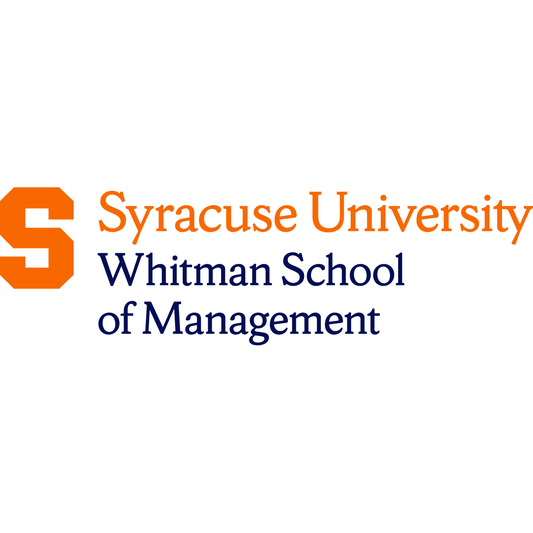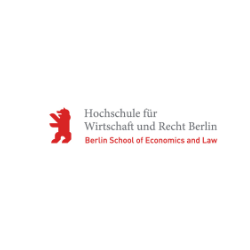
Has the GMAT become irrelevant?
Share
The Graduate Management Admission Test (GMAT), once a cornerstone of business school admissions, has experienced a significant decline in recent years. This downturn is attributed to various factors reshaping the landscape of graduate management education.
Declining Test Participation
Data from the Graduate Management Admission Council (GMAC) indicates a substantial decrease in GMAT test-takers. In Testing Year (TY) 2023, 108,851 exams were administered globally, marking a 51.8% decline from the 225,621 exams in TY2019.
Source: gmac.com
Financial Implications for GMAC
The reduction in test-takers has adversely affected GMAC's financial health. In 2022, the organization reported a loss of $6.6 million, its third deficit in four years. This contrasts sharply with a $9.9 million surplus in 2021 and highlights the financial challenges stemming from decreased GMAT participation.
Source: poetsandquants.com
Factors Contributing to the Decline
Several elements have contributed to the GMAT's diminishing prominence:
-
Rise of Alternative Tests: The Graduate Record Examination (GRE) has gained acceptance among business schools, offering a more versatile option for applicants (so have other tests such as Duolingo). This shift has eroded the GMAT's traditional dominance.
-
COVID-19 Impact: The pandemic disrupted test centre operations and candidate mobility, leading to a further decline in GMAT participation.
Source: gmac.com -
Adoption of Test-Optional Policies
Several top-tier business schools have transitioned to test-optional admissions, allowing applicants to forgo submitting GMAT scores. For instance, the University of Michigan's Ross School of Business and Georgia Tech's Scheller College of Business are among those that have implemented such policies.
Source: fortune.com -
Expansion of GMAT/GRE Waivers
Beyond test-optional policies, numerous institutions have broadened their GMAT/GRE waiver criteria. Factors such as professional experience, prior academic performance, and other qualifications are increasingly considered in lieu of standardized test scores. For example, Imperial College Business School offers waivers for applicants with over five years of managerial experience.
Source: aringo.com -
Elimination of Standardized Test Requirements
Some business schools have entirely removed standardized test requirements from their admissions processes. Auburn University's Harbert College of Business, for example, no longer mandates the GMAT or GRE for its online MBA program, following a successful period of waivers during the COVID-19 pandemic.
Source: bestcolleges.comFactors Influencing the Shift
Several key factors have contributed to this trend:
-
Holistic Admissions Approach: Business schools are increasingly adopting holistic admissions processes, evaluating candidates based on a comprehensive view of their experiences, skills, and potential contributions, rather than relying solely on standardized test scores.
-
Diverse Applicant Pool: By removing standardized test requirements, schools aim to attract a more diverse applicant pool, recognizing that potential for being successful in business is not exclusively reflected in test performance.
-
Pandemic-Driven Changes: The COVID-19 pandemic prompted many institutions to reassess their admissions criteria due to challenges in test accessibility, leading to temporary waivers that have, in some cases, become permanent policy changes.
-
The Future of the GMAT
In response to these challenges, GMAC has introduced the GMAT Focus Edition, aiming to modernize the exam and align it with current educational trends. Despite these efforts, the GMAT's role in graduate management admissions continues to face uncertainty amid evolving preferences and policies in higher education.
In summary, the GMAT's decline reflects broader shifts in graduate management education, including the acceptance of alternative assessments and changing admissions strategies. The test's future will depend on its ability to adapt to these dynamic trends.




